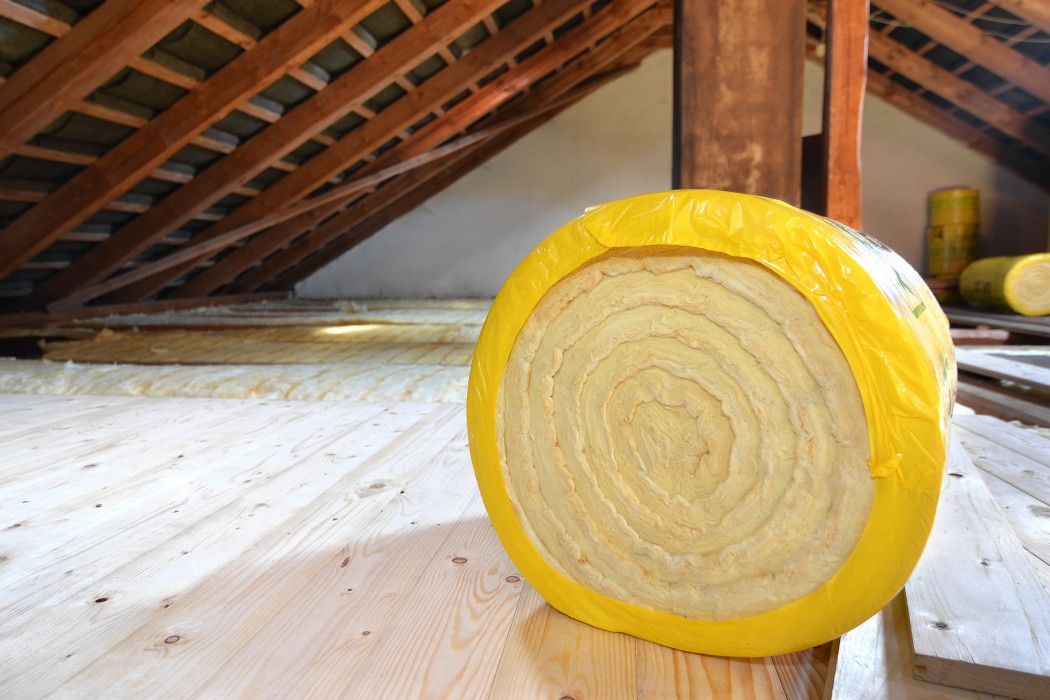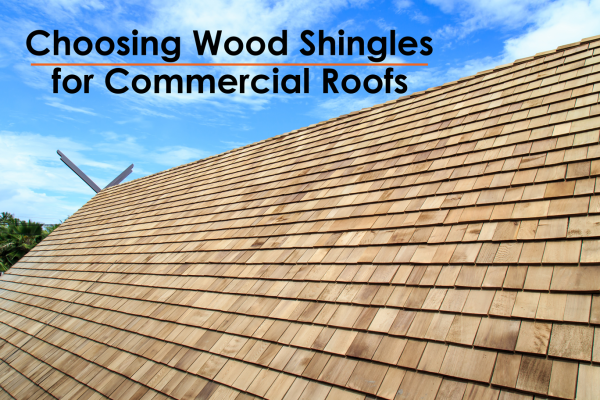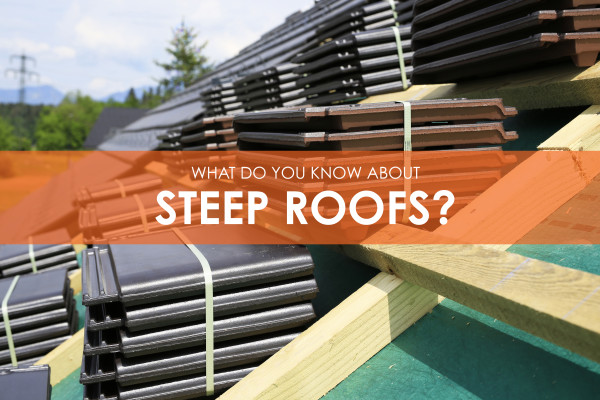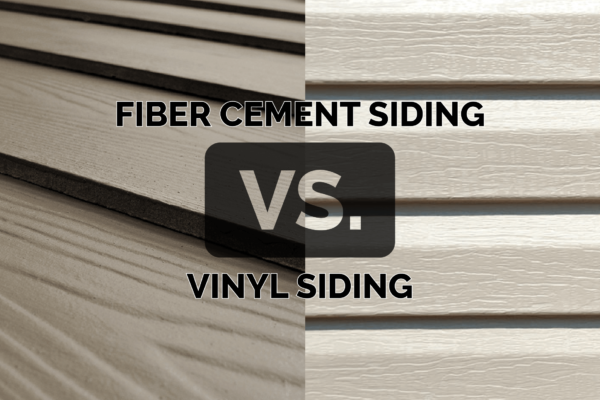Getting the most out of your roof is important and a good insulation will help with that. Together with the membrane and the structural deck, a good roofing insulation can assist in the protection of your roof for a long time.
There are several types of roofing insulation you can use for your commercial roof. These include:
- Wood fiber
- Cellular glass
- Perlite
- Polyisocyanurate
- Gypsum board
- Expanded (or extruded) polystyrene
Wood Fiber
Wood fiber is the most natural and organic type of insulation. It consists of wood, cane or vegetable fibers, which are then mixed with binders and fillers. Impregnated or coated asphalt (for better moisture protection) are typically used for insulation.
However, if the roof covering is not compatible with asphalt-based coatings, it is best not to use coating insulation.
Cellular Glass
Cellular glass insulation consists of a combination of crushed glass and a foaming agent. The two are first mixed, then placed in a special mold and finally heated. The heat melts the glass and decomposes the agent, causing the mixture to expand and become more uniform, thus creating an insulation material.
Perlite
This type of insulation is made using expanded volcanic glass called perlite, which is mixed with organic fibers. Perlite insulation boards also have an asphalt coating or some other type of coating that prevents adhesive absorption into it during the installation of the membrane.
Polyisocyanurate
This is a closed-cell foam plastic insulation squeezed between felt facers glass-fiber-reinforced alu-foil facers or glass-fiber mat facers.
The foam is expanded using a blowing agent (chlorine-free), which makes a closed-cell structure, giving the insulation a high thermal resistance.
Gypsum Board
Gypsum boards are non-structural, waterproof, non-combustible gypsum board panels. They are usually used as a cover board for foam-plastic insulation, either as a vapor-retared substrate or a thermal barrier over a steel deck.
Gypsum board also comes with a non-asphaltic coating on one side. This improves the membrane adhesion.
Expanded Polystyrene
Expanded or extruded polystyrene is basically a blended polystyrene polymer that is heated and then run through an expansion or extrusion process. This is done by exposing it to atmospheric conditions, which make the polystyrene expand, creating a closed-cell structure about 1.3 to 2.2 pcf dense.




